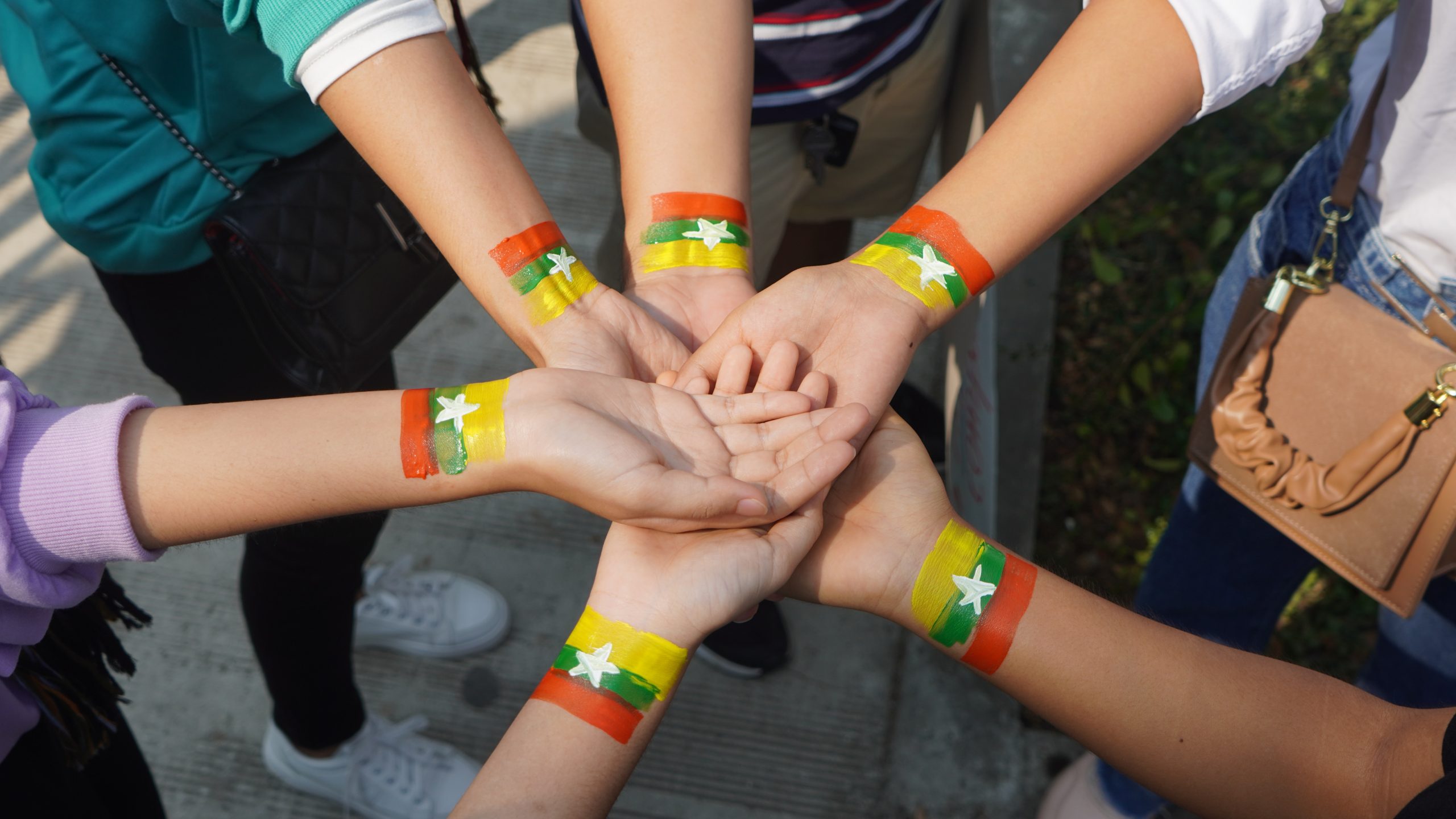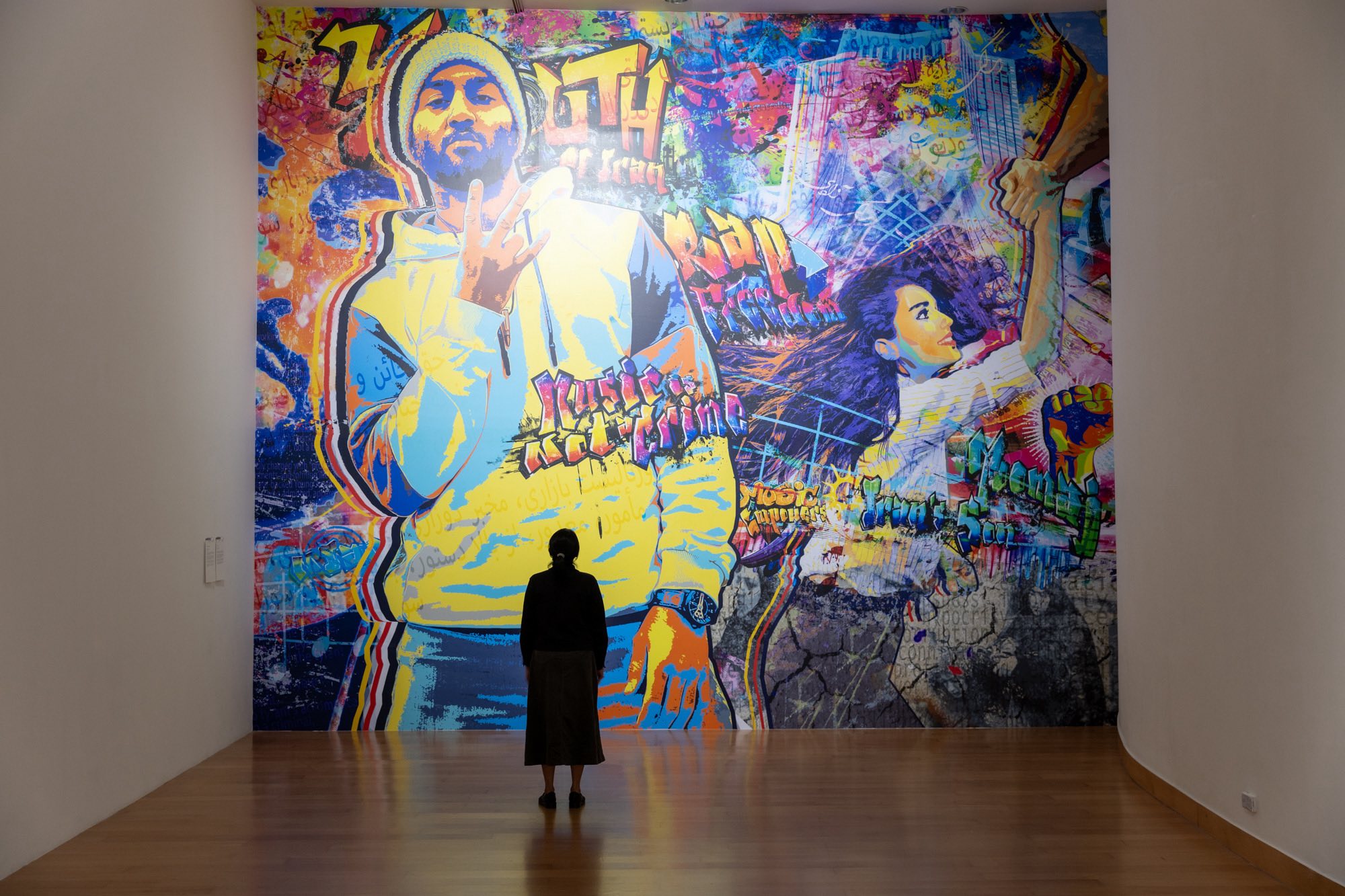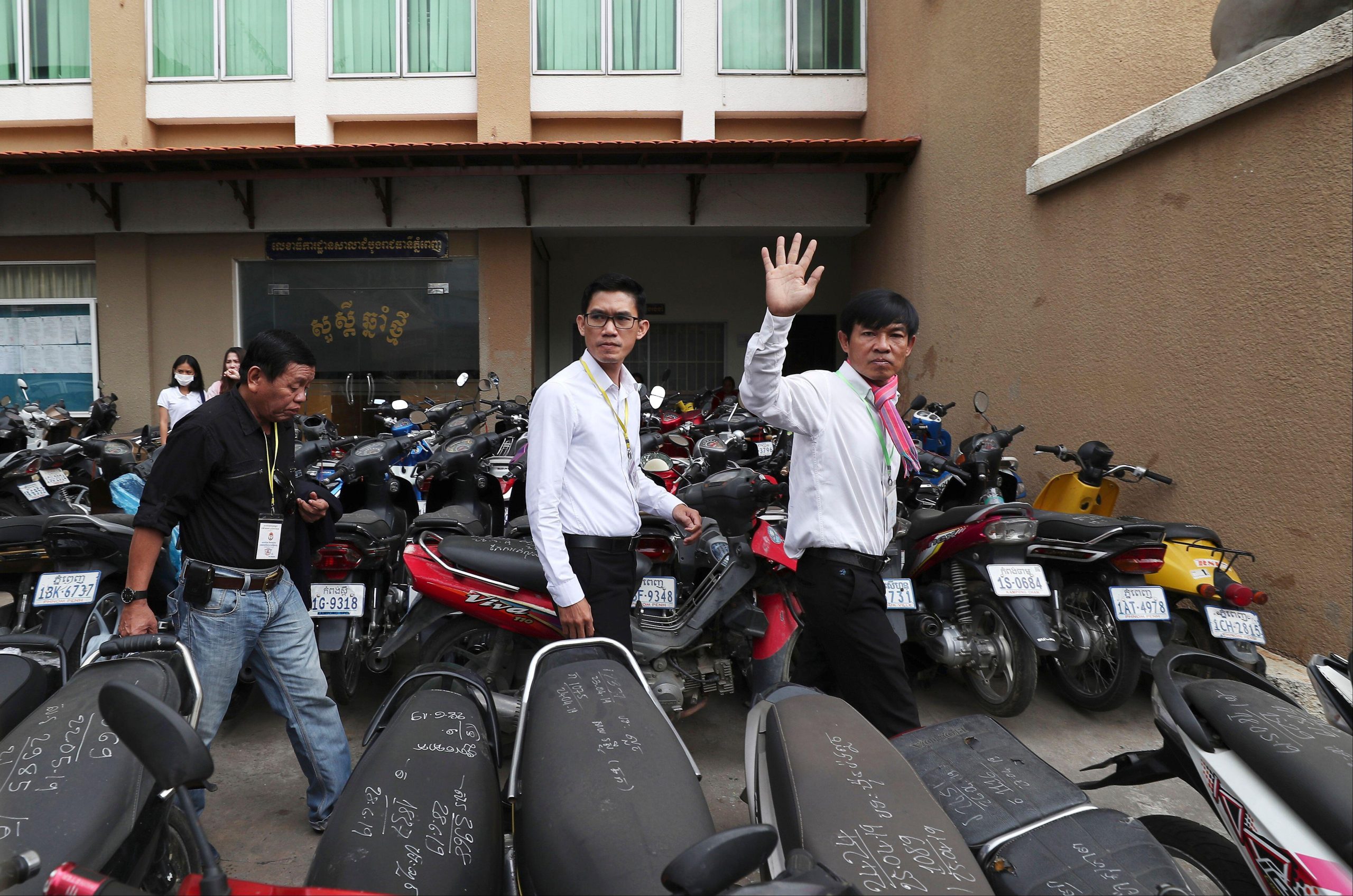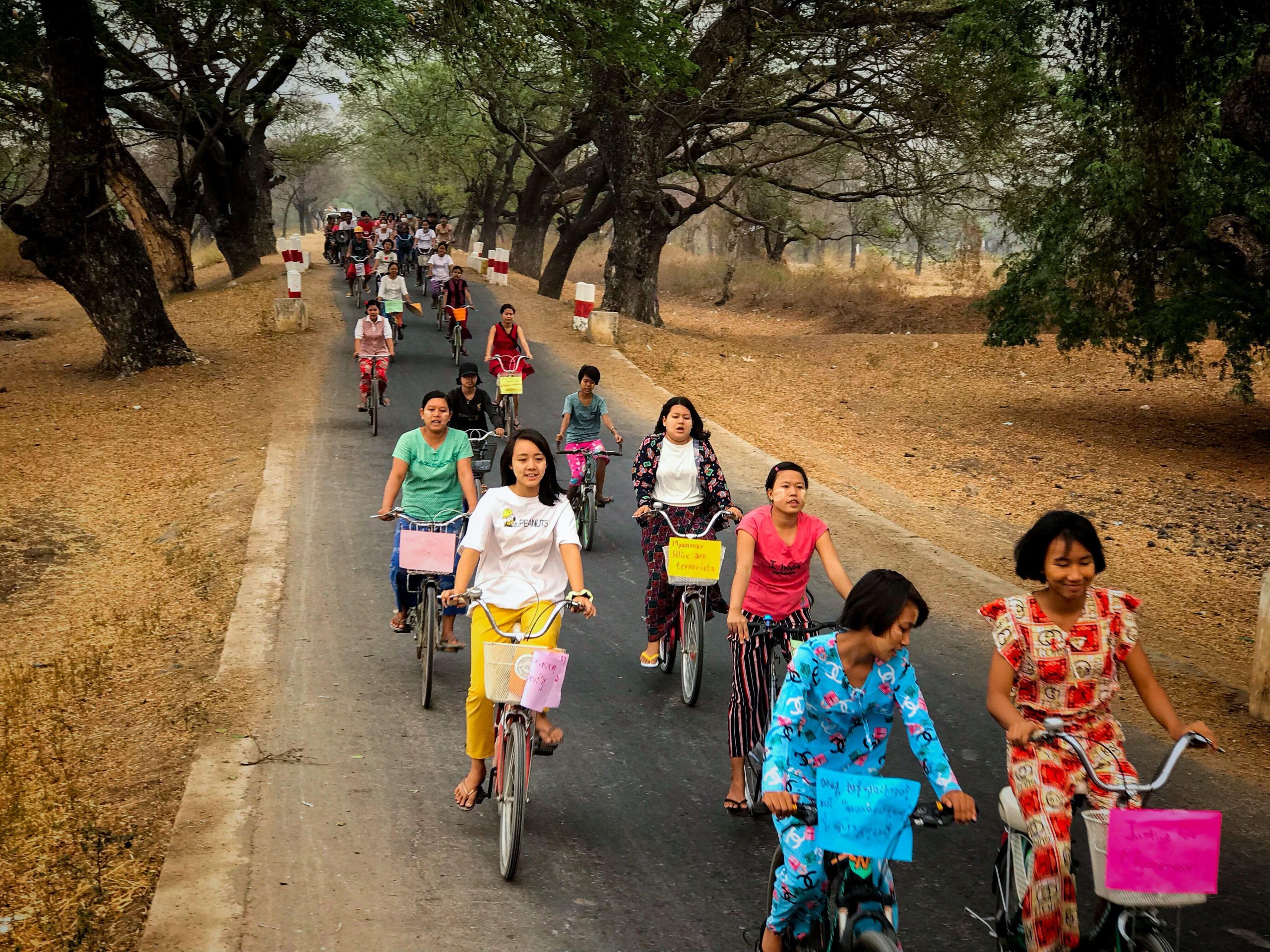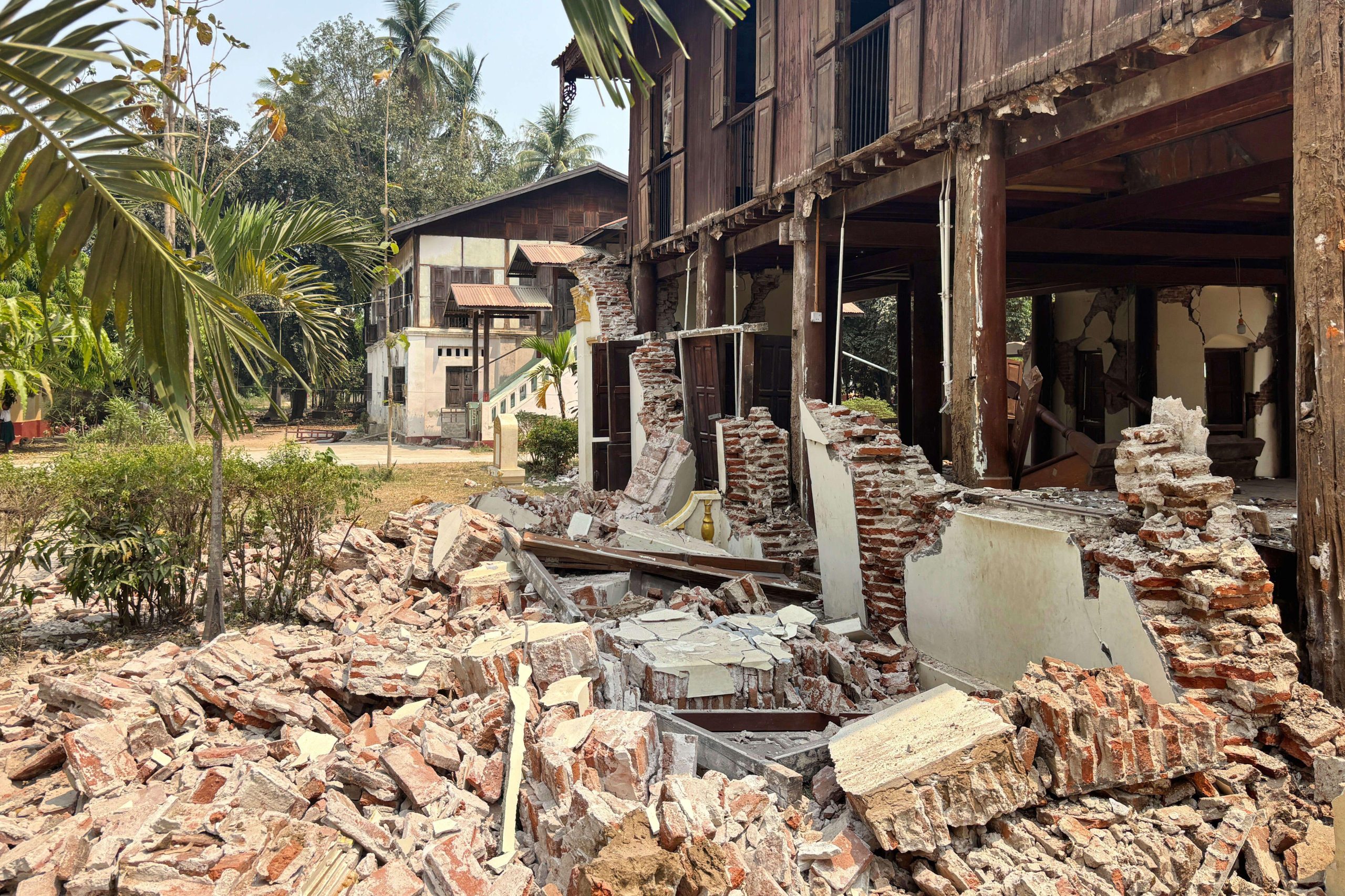There is a common misconception, even held by media editors, that Myanmar is just a military country now and that’s the end of its story. And yet this couldn’t be further from the truth, says Oliver Slow. The journalist, who lived in Myanmar between 2012 and 2020, tells Index that people in Myanmar have "got a taste of democracy".
"They want to at least have a free choice in their matters, they don’t want to be controlled by this very violent military, they want to have leaders who they have chosen for themselves," he says.
Slow is talking to Index in light of his newly released book
Return of the Junta: Why Myanmar's military must go back to the barracks, an excerpt of which is featured below. For Slow, getting across this message is one of his hopes for the book. As he says, he wants everyone “to not give up on Myanmar, to understand that there is a vibrant future there."
Return of the Junta blends first-hand accounts with wider research into the background of the military. The result is an accessible, informed read on the 2021 coup d'état, and ultimately on this very complex country. While there are lighter moments in the book, it is not a sugar-coated retelling. Struggle for basic rights – nay survival – is a constant and unifying thread.
Early on Slow writes about how doctors have been a primary target of repression, persecuted in large part because they were central to the civil disobedience movement that formed in the immediate aftermath of the coup.
"That angered the regime and they decided essentially that they would punish doctors in many ways," Slow tells Index. "I remember from the time some pretty horrendous videos of soldiers just beating doctors in the streets." He says that when a third wave of Covid hit a few months after the coup the authorities would call doctors out to what they described as bad cases of Covid only to then arrest them.
Slow says "it speaks to the violence of the Myanmar military that doctors were specifically targeted" and shows "their lack of respect for international norms".
Such violence against doctors not only punishes them, it punishes the population more broadly. Two years on hospitals are in a parlous state in Myanmar. Doctors have fled.
"There is this feeling that they don’t want to work for any institution which aligns with the military," says Slow. A friend of Slow’s who recently visited a hospital in central Yangon described the conditions as “horrendous”.
Slow – who wouldn’t return to Myanmar right now because it would be too risky – finds it tougher and tougher to communicate with people there. "Most of my contacts have left because they’re journalists." Instead Slow relies on secure messaging apps to reach people on the ground.
According to Slow the main resistance is in the form of armed militia in the border areas. Many of the people in these militia were university students in 2021 and were enraged over the disappearance of their promising future. He says these militia are making some advances.
Of course it’s not just in the border regions that protest exists. On the anniversary of the coup this year Twitter was filled with images of a silent protest - streets of towns and cities across Myanmar were empty as people stayed at home to make a statement. There are also flash protests, very short protests where people “walk through the streets, do a photo, it goes on social media, they’re usually wearing a mask (for obvious reasons) and then they disband."
These anecdotes, combined with rising discontent over the military, give Slow hope.
"Can the military ever rule again in that country with any legitimacy? It’s a resounding no. Whether that means the resistance will win is a different matter as the military has made itself powerful over 50-60 years. The resistance is up against a pretty monumental machine," he says before adding:
"But I do see a time at some point in the future where the military will be defeated or removed from power.”
Excerpt from Return of the Junta
Despite the increased investment, even in pre-coup Myanmar life was still incredibly difficult for most teachers, especially those living in rural areas.
Myat Kyaw Thein is a secondary school teacher close to the town of Monywa, in central Myanmar.
“We have so many things to worry about as teachers, especially our safety and salary,” said Myat Kyaw Thein, who told me in an interview conducted before the coup that he earned the equivalent of about US$150 per month. “It’s not enough, especially when you compare it with other countries in Southeast Asia. No wonder so many people leave teaching to go to better paying jobs.”
“It’s a rotten salary, but whenever we raise it with authorities, they tell us it’s because of the low budget for education. Well, if you want to improve the education in this country, then increase the budget,” he said.
A similar story was told by a teacher in a remote village of Myanmar’s Nagaland. The teacher had worked at a school in her local village for more than ten years, and although the resources had improved in recent years, life was still difficult for her and her colleagues. She told me they often used their own money to provide things such as pens and books for their students.
“It’s difficult for us because we don’t have much salary, and sometimes have to use our family’s [money],” she said. “But then we want [the students] to be happy and to come to school. That’s why we provide these things for them.”
Even before the coup, it was clear that those tasked with overhauling Myanmar’s education system had an unenviable task ahead of them, including bringing together the dozens of different stakeholders – national and foreign – involved in such a monumental task and forming a cohesive strategy that pleases everyone.
Even what some may regard as the successes of the past decade in terms of reforms to education did not please everyone. For example, a recognition by the government about the need to switch from a teacher to a child-centred approach was a welcome step for those hoping to encourage more critical thinking, but parents who have only ever been exposed to the former their entire lives were understandably sceptical.
‘When a parent passes a school and doesn’t hear students chanting in unison what the teacher has written on the board, they think, ‘What’s going on in there? They aren’t learning’”, said an educator involved in the reforms.
Since the coup, however, much of the progress made over the last decade or so in Myanmar’s education sector has gone swiftly into reverse. With many teachers refusing to work under this junta, and parents not wanting to send their children to schools – either due to legitimate security concerns or because they don’t want them taught under this regime – the SAC has resorted to many of the tactics of past military juntas to try and portray an image of normalcy in schools and universities.
Like in 1962 and 1988 it has closed universities and fired teachers not supportive of the coup. Thousands of teachers have been sacked, and hundreds jailed, for participating in the civil disobedience movement against the junta. To fill these teaching ranks, the military-controlled education ministry has encouraged applicants with lower qualifications to apply for jobs, and even been accused of dressing up army wives and female members of pro-military organizations in teachers’ uniforms and transporting them to schools. Like under the SLORC government [the military State Law and Order Restoration Council that ruled the country between 1988 and 1997], teachers have been sent on month-long ‘refresher courses’ where they are urged to ‘pay attention to the preservation of Myanmar culture and traditions’ as well as ‘speak and behave respectfully and to be disciplined’, almost certainly euphemisms to discourage teachers from imbibing any form of revolutionary thinking into their students.
Before the coup, despite some bumps, the general trajectory of the education system in Myanmar was on a positive path. The changes were also made largely free of the military’s sphere of influence, an indication of the potential Myanmar has as a whole if the Tatmadaw’s own interests are not directly threatened.
Like almost everything in Myanmar, however, the 2021 coup has created considerable concerns about what happens next. If the current situation continues, and the military manages to maintain an albeit loose grip on power, it is the next generation of young people in Myanmar, and others beyond that, who will be the ones to suffer the most, through a lack of investment, or care, in their education, a lack of capabilities to think critically and problem solve, and a lack of skills to prepare them for the working world. This could well manifest, as it has in the past, of creating a general feeling among the population that Myanmar’s remarkable diversity is something to be feared, not celebrated.
Return of the Junta was published by Bloomsbury in January 2023. Click
here for more information on the book.
